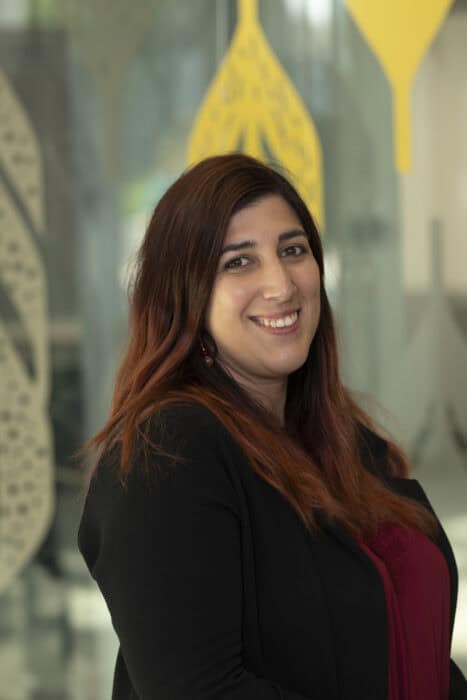Sílvia Mourão she/her

Doctoral researcher in Earth Sciences
Strategic Research Areas
My research focuses on developing digital twin tools for coastal monitoring with a strong emphasis on real-world impact. I aim for my work to inform both policymakers and communities, ensuring that digital twins move beyond academic exercises to actively influence coastal management decisions. Creating these tools involves combining historical data, AI, and real-time observations to produce accurate models of coastline evolution. I am particularly interested in dynamic coastlines like the west coast of Scotland and how they respond to storm events. My work aligns with the DiveIn CDT’s mission by integrating AI, earth sciences, and engineering, with potential economic, policy, and social impacts.
Before starting my PhD, I worked as a GIS Analyst and Research Assistant on three large-scale projects related to coastal erosion, flooding risk, and climate change adaptation in Portugal. I contributed to developing sea-level rise vulnerability indices, modelled flood and erosion risks, and created a coastal vulnerability index under sea-level rise scenarios for mainland Portugal and the Alentejo Coast. These experiences enhanced my technical skills and deepened my understanding of coastal risk and adaptation.
I believe diversity and inclusion are essential for fostering innovation and support within academia. Having faced challenges as a woman in STEM, I am committed to promoting a more inclusive environment where underrepresented voices are valued. While I am still exploring how best to mentor and support others, I am eager to contribute to peer mentoring and help cultivate a welcoming, interdisciplinary community within DiveIn.
Outside of my PhD, I enjoy spending time with my partner and gaming. I’m a big cat enthusiast (my social media feeds are full of cat posts!) and deeply miss my family’s two cats back in Portugal. I was involved in cat rescue work there, including nursing a kitten back to health, and I hope to do more animal rescue in the future.
Digital Twins for Coastal Management: Integrating Process-Based Models and Artificial Intelligence to Predict Coastal Evolution
Motivation
Coastal areas face increasing risks from climate change, requiring better tools to predict coastline evolution.
Aims
Develop a digital twin that combines process-based models and AI to enhance coastal monitoring and inform management decisions.
Methodology
Integrate historical data, real-time Earth observations, and AI to create and continuously update accurate models of coastal change, focusing on the west coast of Scotland.
Impact
Provide policymakers and communities with actionable insights to improve resilience and sustainable coastal management through innovative, interdisciplinary tools.
References
Riaz, K.; McAfee, M.; Gharbia, S.S. Management of Climate Resilience: Exploring the Potential of Digital Twin Technology, 3D City Modelling, and Early Warning Systems. Sensors 2023, 23, 2659. https://doi.org/10.3390/s23052659.
Radfar, S.; Maghsoodifar, F.; Moftakhari, H.; Moradkhani, H. Integrating Newton’s Laws with Deep Learning for Enhanced Physics-Informed Compound Flood Modelling. arXiv 2025, https://arxiv.org/abs/2507.15021.
Z. Yu, P. Du, L. Yi et al., Coastal Zone Information Model: A comprehensive architecture for coastal digital twin by integrating data, models, and knowledge, Fundamental Research, https://doi.org/10.1016/j.fmre.2024.06.003.
As I develop digital twin tools for coastal monitoring, I am eager to connect with researchers, industry partners, and policymakers interested in coastal risk management and climate adaptation. I look forward to sharing ideas, learning from others, and building collaborations that help translate research into real-world impact. Being early in my PhD, I am open to exploring various partnership opportunities to broaden the reach and relevance of my work.
Areas of potential collaboration include:
- Coastal and environmental researchers
- Data scientists and AI specialists
- Policymakers and community groups
- Technology developers
